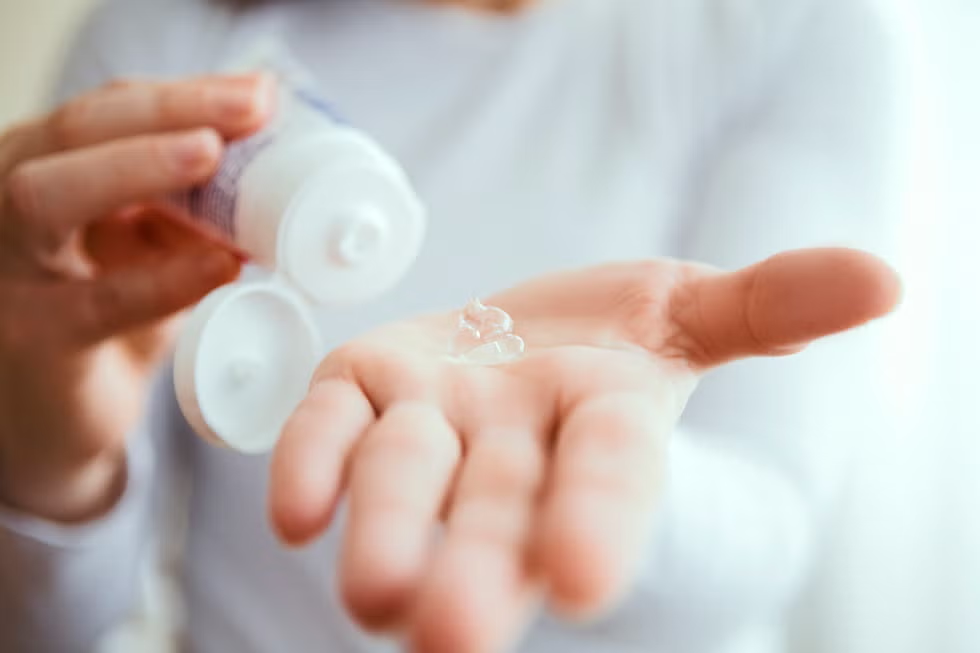
When discussing hormones and women’s health, testosterone may not be the first thing that comes to mind. However, this “male” hormone plays a vital role in women’s overall well-being, particularly as they age. Dr. Jamie Stanhiser, a reproductive endocrinologist and infertility specialist at Reproductive Partners San Diego (RPSD), recently shared her insights into testosterone’s significance and its impact on women’s health in an article with Oprah Daily.

Testosterone is commonly associated with men, but women also produce this hormone, albeit in smaller amounts. As Dr. Stanhiser explains:
We think it has a protective effect on musculoskeletal health, so it may help with bone mineral density and maintaining muscle mass. There may be some link with cognitive function as well.
In addition to these physical benefits, testosterone plays a key role in libido, mood regulation, and energy levels. Despite being a lesser-discussed hormone in women, its influence is profound.
Dr. Stanhiser highlights the natural decline in testosterone levels as women age, noting:
Women in their mid-40s and 50s have half the testosterone that we had in our 20s.
This decline, coupled with shifting hormone balances during menopause, can contribute to changes in energy, muscle tone, and overall vitality. Dr. Stanhiser elaborates:
Before menopause, the main hormone is estrogen, and after menopause, androgens like testosterone become more prevalent.
As testosterone becomes a larger proportion of a woman’s hormonal profile after menopause, it underscores the importance of monitoring hormonal health. Low levels of testosterone can lead to symptoms like decreased libido, fatigue, and loss of muscle mass.
If you’re experiencing symptoms of hormonal imbalance, speaking with a reproductive specialist can help you explore potential solutions. Options may include:
At Reproductive Partners San Diego, our team of specialists, including Dr. Jamie Stanhiser, is dedicated to helping women navigate every stage of their reproductive health journey. Whether you’re preparing for menopause, managing symptoms of hormonal changes, or exploring fertility options, we’re here to provide expert care tailored to your unique needs.
Understanding your hormonal health is key to feeling your best. Schedule a consultation with Dr. Jamie Stanhiser or one of our specialists today and take charge of your well-being.
Contact us to learn more or book your discovery call.
Our skilled fertility specialists are here to help. Contact us today and let’s discuss the next phase of your fertility journey.